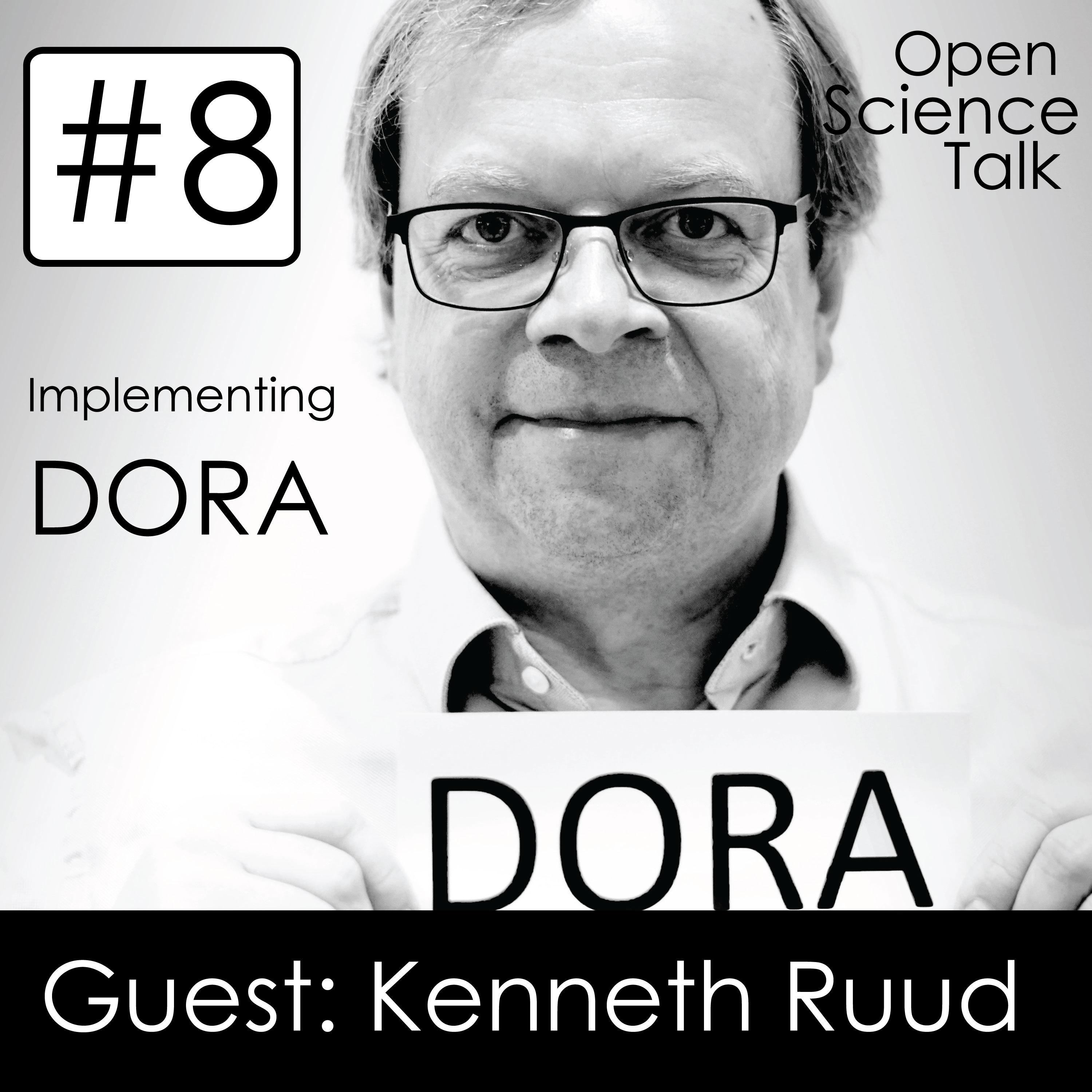Implementing DORA
DOI:
https://doi.org/10.7557/19.5291Keywords:
academics, declaration of research assessment, DORA, institutions, knowledge, Munin, Open Access, Open Science, peer review, professor, publishing, San Fransisco, studying, Tromsø, university, vitenskap, writingAbstract
In this episode, we try to explain what The Declaration on Research Assessment (DORA) is, and what happens after you have signed the declaration.
Kenneth Ruud, Deputy Vice Chancellor of Research at UiT The Arctic University of Norway gives us an insight into how this declaration will change his organization and what challenges they are facing. The host of this episode is Erik Lieungh.
UiT was one of the first institutions to sign the declaration. 743 organizations and 13184 have signed it as of December 2018, and you can find everyone here. You can find the full declaration here.
This episode was first published 27 November 2018.





